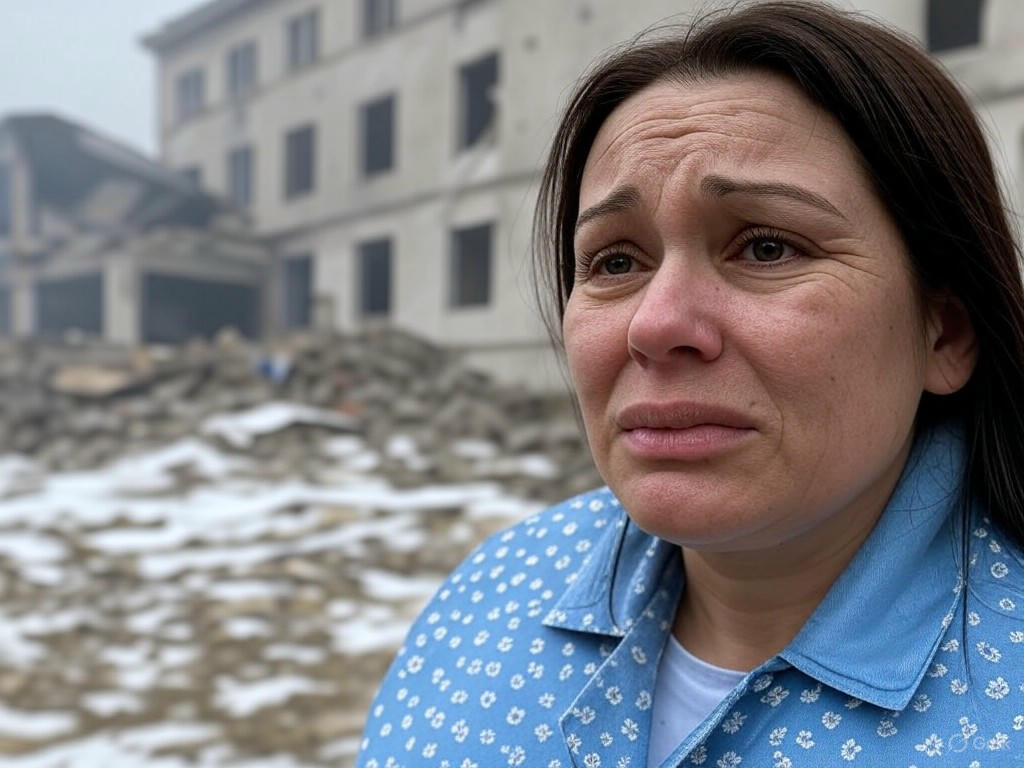Tragedy in Odesa: Fatal Strike on Maternity Ward Shocks Community
A devastating strike on a maternity ward in Odesa has left the city reeling, with one life tragically lost and several others wounded. According to local authorities, the attack, which occurred in the early hours, targeted both medical facilities and nearby residential areas, amplifying the sense of horror and loss among residents. The governor of Odesa confirmed that four individuals sustained injuries in the incident, though the full extent of the damage is still being assessed. This heartbreaking event has sparked outrage and renewed calls for protection of civilian infrastructure during times of conflict.
The maternity ward, a place meant to symbolize hope and new beginnings, became a scene of chaos and despair as emergency responders rushed to aid the victims. Eyewitnesses described hearing a deafening explosion followed by cries for help echoing through the night. Medical staff worked tirelessly to ensure the safety of patients, many of whom were expectant mothers and newborns, amidst the rubble and shattered glass. The strike not only claimed a precious life but also left an indelible mark on the community, with families grappling with the trauma of losing a loved one or witnessing such violence in a sanctuary of care.
Beyond the immediate human toll, the attack has raised pressing questions about the safety of essential facilities in conflict zones. Hospitals and residential buildings are often considered off-limits under international agreements, yet incidents like this highlight the vulnerability of such spaces. Local leaders have condemned the strike, urging for accountability and immediate measures to prevent further tragedies. Community members, shaken by the event, gathered in solidarity to mourn the loss and support the injured, with many volunteering to assist in recovery efforts. Stories of resilience emerged as neighbors helped evacuate those trapped and provided shelter to displaced families.
As investigations into the strike continue, the focus remains on healing and rebuilding. The physical damage to the maternity ward and surrounding structures can be repaired, but the emotional scars may take far longer to mend. Authorities have pledged to enhance security around critical infrastructure, though many residents express skepticism about whether such promises can truly shield them from future harm. The incident serves as a grim reminder of the human cost of conflict, where even the most sacred spaces are not spared from violence.
In the wake of this tragedy, Odesa stands united in grief but also in determination. The loss of life and the injuries sustained will not be forgotten, and the city’s resolve to protect its most vulnerable grows stronger. As the world watches, there is a collective hope that such senseless acts will cease, and that peace will prevail to prevent further heartbreak in places meant for healing and life.


